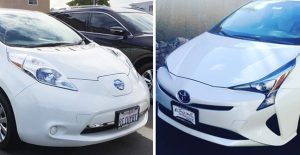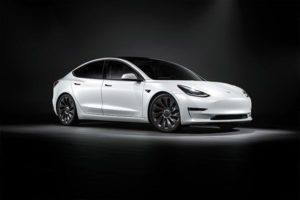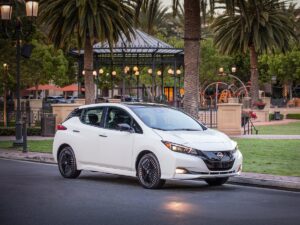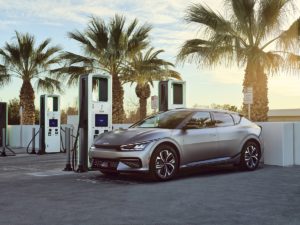Do Electric Cars Need Maintenance?
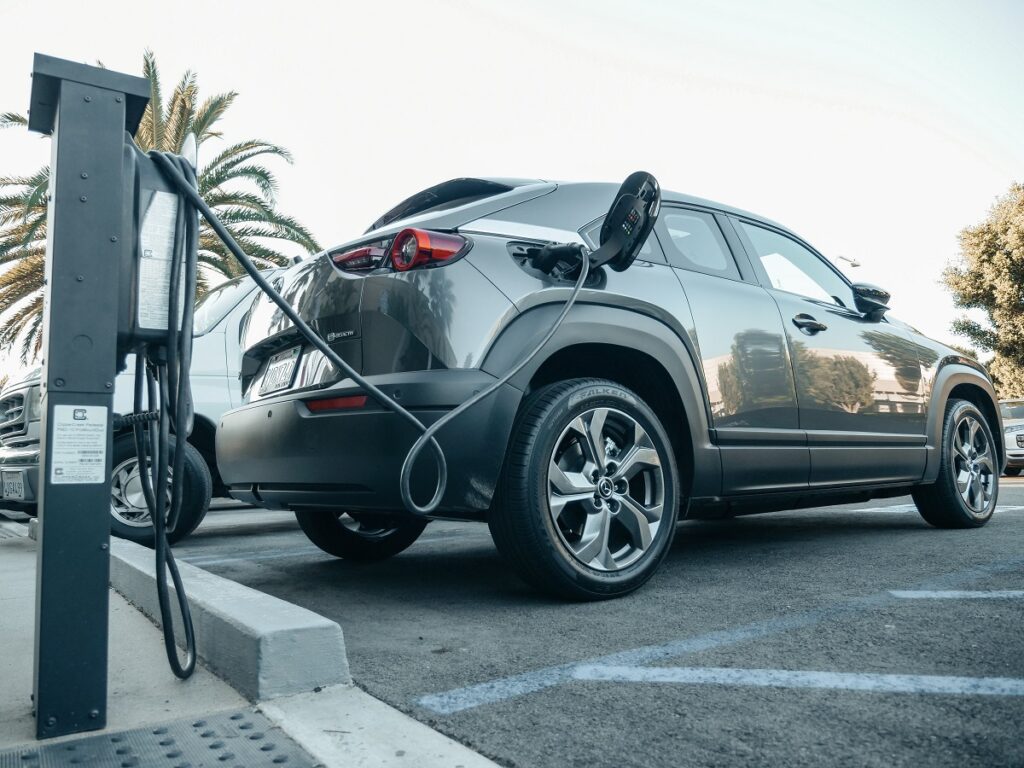
Electric cars have emerged as an eco-friendly and economical alternative to traditional gas-powered vehicles. As more drivers make the switch to electric cars, understanding the nuances of electric car maintenance is crucial for maintaining your vehicle’s efficiency and longevity. So, yes, electric cars do need maintenance to a certain degree. Here, we’ll cover the basics of electric car maintenance that every driver should be aware of.
The Simplicity of Electric Car Maintenance
One of the primary advantages of electric vehicles (EVs) is their simplified maintenance compared to traditional cars. Electric cars have fewer moving parts, which translates to fewer components that can wear out. Here are some key aspects of electric car maintenance that drivers should be aware of:
Battery Health
The battery is the heart of an electric car, and maintaining its health is essential. Modern electric vehicle batteries are designed with durability and longevity in mind. To optimize battery life, it’s recommended that you charge smartly. That means avoiding frequent deep discharges and charges. Instead, aim for a regular charging routine that keeps the battery within its optimal operating range. To put it simply: charge your car up to 80% and never let the battery deplete.
Extreme temperatures can also affect battery performance. Parking in shaded areas during hot weather and using pre-conditioning features to warm up the battery in colder climates can help.
Tire Care
Just like traditional vehicles, electric cars benefit from routine tire maintenance. Proper tire inflation not only enhances fuel efficiency but also contributes to a smoother ride. Regularly check tire pressure and rotate the tires as recommended in the vehicle manual.
Brake System
Electric cars often utilize regenerative braking, which converts kinetic energy back into electrical energy. This reduces wear on the brake pads. While traditional brake components may require less frequent replacement, it’s essential to monitor the brake system periodically.
Cooling System
Electric cars feature sophisticated cooling systems to regulate the temperature of crucial components, including the battery and electric motor. Regular checks on the cooling system ensure optimal performance and prevent overheating.
DIY Maintenance Tips
For electric car owners who prefer a hands-on approach to maintenance, there are several tasks that can be performed at home:
- Cabin Air Filter Replacement: Regularly change the cabin air filter to keep cleaner air circulation inside the vehicle.
- Windshield Wiper Maintenance: Keep an eye on the condition of wiper blades and replace them when necessary for clear visibility.
- Charging Cable Inspection: Check the charging cable for any signs of wear or damage. Cleaner connectors ensure a more secure charging connection.
Professional Maintenance Services
While electric cars generally require less maintenance than their conventional counterparts, professional inspections are vital. Regular check-ups with certified technicians may include:
Battery Health Checks: Specialized diagnostic tools can assess the overall health and performance of the battery.
Software Updates: Keeping the car’s software up-to-date ensures that it benefits from the latest enhancements and optimizations.
Motor and Transmission Inspections: Even though electric motors have fewer components, periodic inspections can identify any issues and ensure smooth operation.
As electric cars continue to gain popularity, advancements in technology will likely simplify maintenance even further. Manufacturers are investing in research and development to improve the durability and efficiency of electric vehicles. Staying informed and being proactive when it comes to maintenance will help you increase the lifespan of your electric car.


